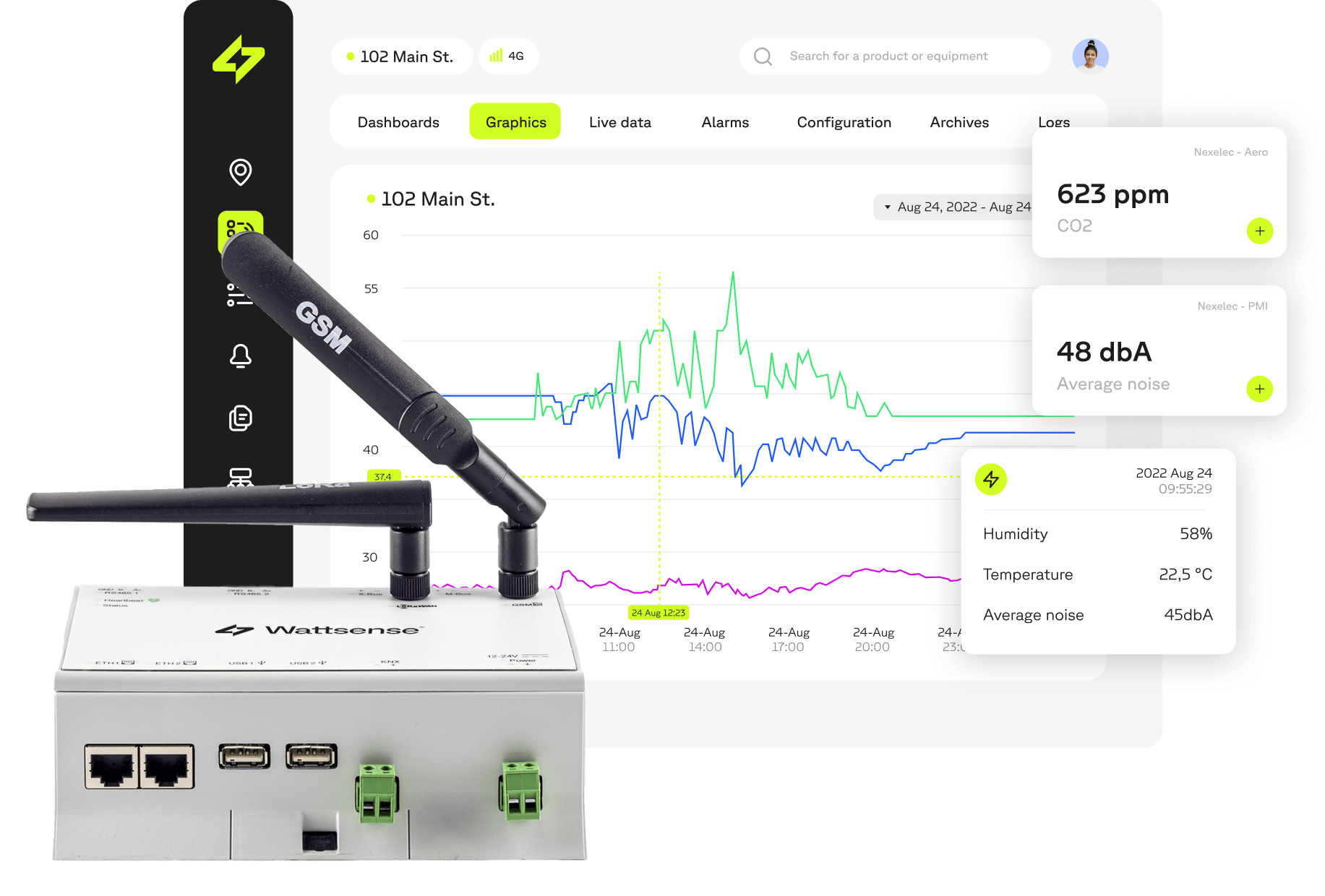What is Facility Management?
Facility management (FM) is a set of services provided to manage a building. It encompasses the tools and services needed to ensure the smooth running, safety and comfort of its occupants over time.
It is governed by the ISO 41001 standard, which defines it as an organisational function integrating "people, places and processes within the built environment to improve the quality of life of people and the productivity of key activities".
The scope of facility management is therefore very broad, encompassing, but not limited to, building maintenance, i.e. the upkeep of premises and lifts, the management of energy, water and fire safety systems, as well as numerous 'soft services' such as cleaning, recycling and information systems.
What are the advantages of facility management?
Letting a specialist external service provider manage the maintenance and upkeep of your premises has a number of benefits for the company occupying them.
- First and foremost, facility management helps avoid incidents and accidents caused by equipment failure, often due to a lack of vigilance in maintenance.
- As specialists in building management systems, service providers offer sophisticated, high-quality services. The result is an optimised working environment and greater comfort for occupants.
- The impact of facility management on cost containment and productivity is undeniable: not having to deal with maintenance and other tasks is an undeniable time-saver for companies, time that can be devoted to high-productivity tasks. What's more, outsourcing maintenance and servicing costs help to keep costs under control.
- Finally, compliance with environmental and energy regulations is no longer a concern: the facility management company is up to date with the latest developments in the relevant laws and regulations.
Facility management and Building Management Systems
Recent technological advances, particularly in the field of the Internet of Things (IoT), have considerably revolutionised the facilities management sector, which is closely linked to Building Management Systems (BMS). This development now makes it possible to set up intelligent technical and energy management systems at an affordable cost, accessible to structures of all sizes.
Thanks to the IoT, it is now possible to efficiently deploy or modernise a BMS or an Energy Management System (EMS), whatever the type or size of the building concerned. This technological advance means that small and medium-sized structures can benefit from the advantages of building automation while remaining in compliance with current regulations, thanks to solutions specifically adapted to their constraints.
The possibilities offered by the IoT are vast, covering aspects such as occupant comfort (temperatures, lighting, air conditioning), building safety (fire safety systems, CO2 sensors) and maintenance services (monitoring of indicators linked to the upkeep of premises). By exploiting intelligent automation, facility management companies can not only reduce their operating costs but also provide real-time monitoring services to their customers, while contributing to the ongoing optimisation of buildings' energy and operational performance.
Our solution for Facility Managers
Win more deals by quickly deploying IoT solutions, reducing operational costs and the energy bill.
